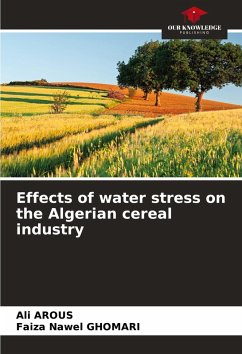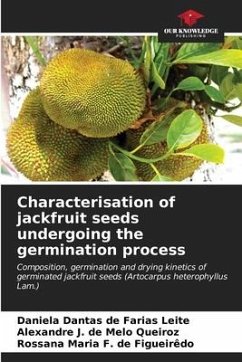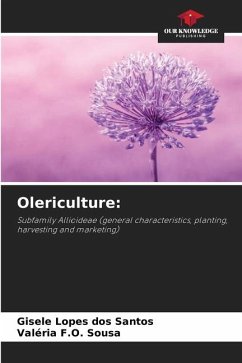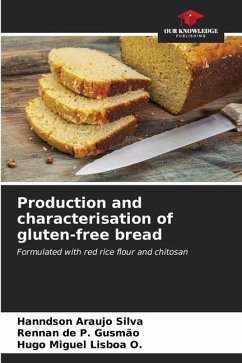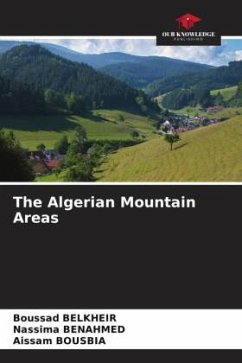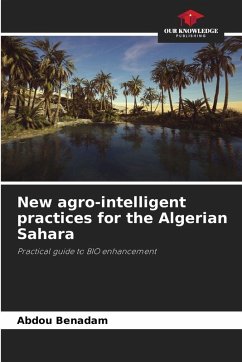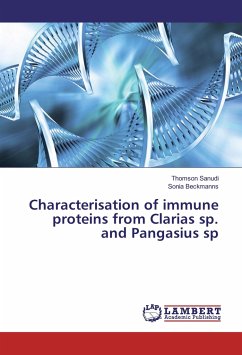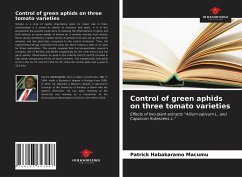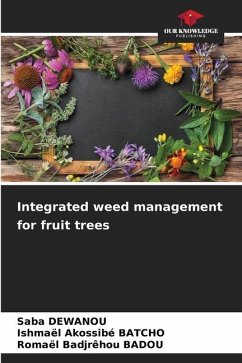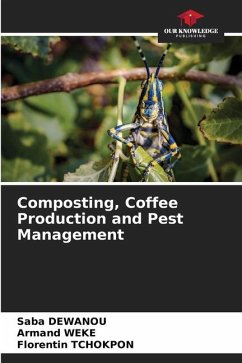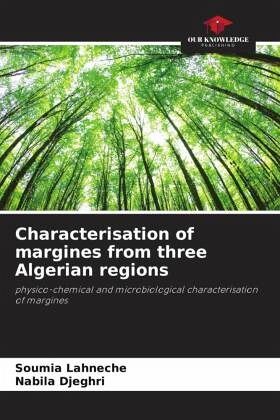
Characterisation of margines from three Algerian regions
physico-chemical and microbiological characterisation of margines
Versandkostenfrei!
Versandfertig in 6-10 Tagen
27,99 €
inkl. MwSt.

PAYBACK Punkte
14 °P sammeln!
Margarine is an agricultural by-product obtained by centrifugation or sedimentation of the oil after olive pressing. It is generally discharged into the environment as it is. This has a negative impact on the environment. In the context of bioremediation, the aim of our work is to assess the physico-chemical and microbiological quality of the 3 types of margines in order to determine their degree of pollution, from different regions of Algeria: Tizi Ouzou, Jijel and Bejaïa. The results of the physico-chemical analyses showed that the margines from the different regions have an acid pH and are...
Margarine is an agricultural by-product obtained by centrifugation or sedimentation of the oil after olive pressing. It is generally discharged into the environment as it is. This has a negative impact on the environment. In the context of bioremediation, the aim of our work is to assess the physico-chemical and microbiological quality of the 3 types of margines in order to determine their degree of pollution, from different regions of Algeria: Tizi Ouzou, Jijel and Bejaïa. The results of the physico-chemical analyses showed that the margines from the different regions have an acid pH and are rich in organic matter, expressed as BOD5 and COD. These discharges are also characterised by the predominance of toxic substances, in particular phenolic compounds, with values ranging from 10.68 g/l in the Jijel region to up to 27.7 g/l in the Jijel region, which give them antimicrobial properties. The COD/BOD5 test is higher than 2.80 for all regions, which clearly underlines the biodegradable nature of these margines, for which biological treatment would appear to be entirely appropriate.



